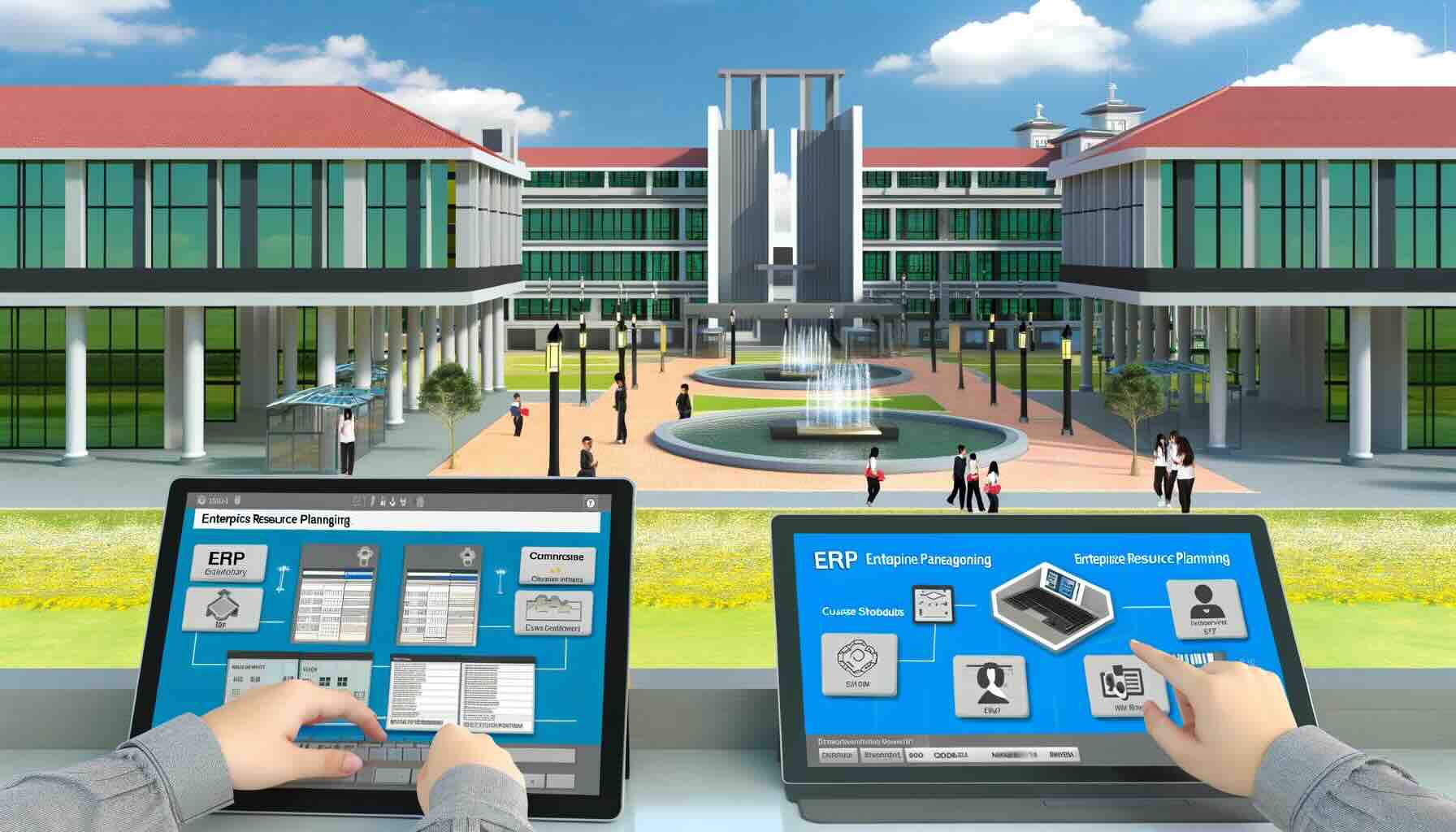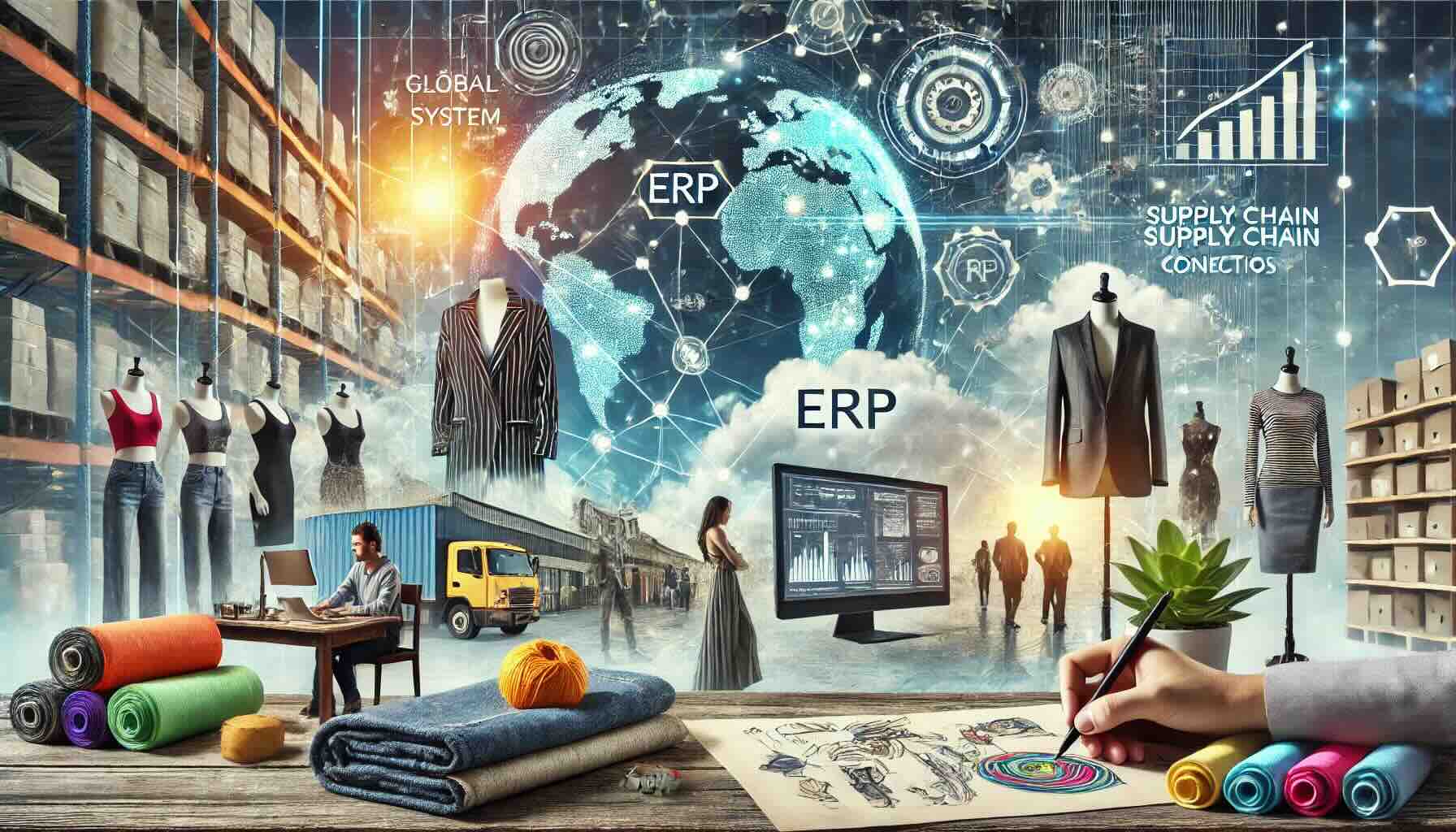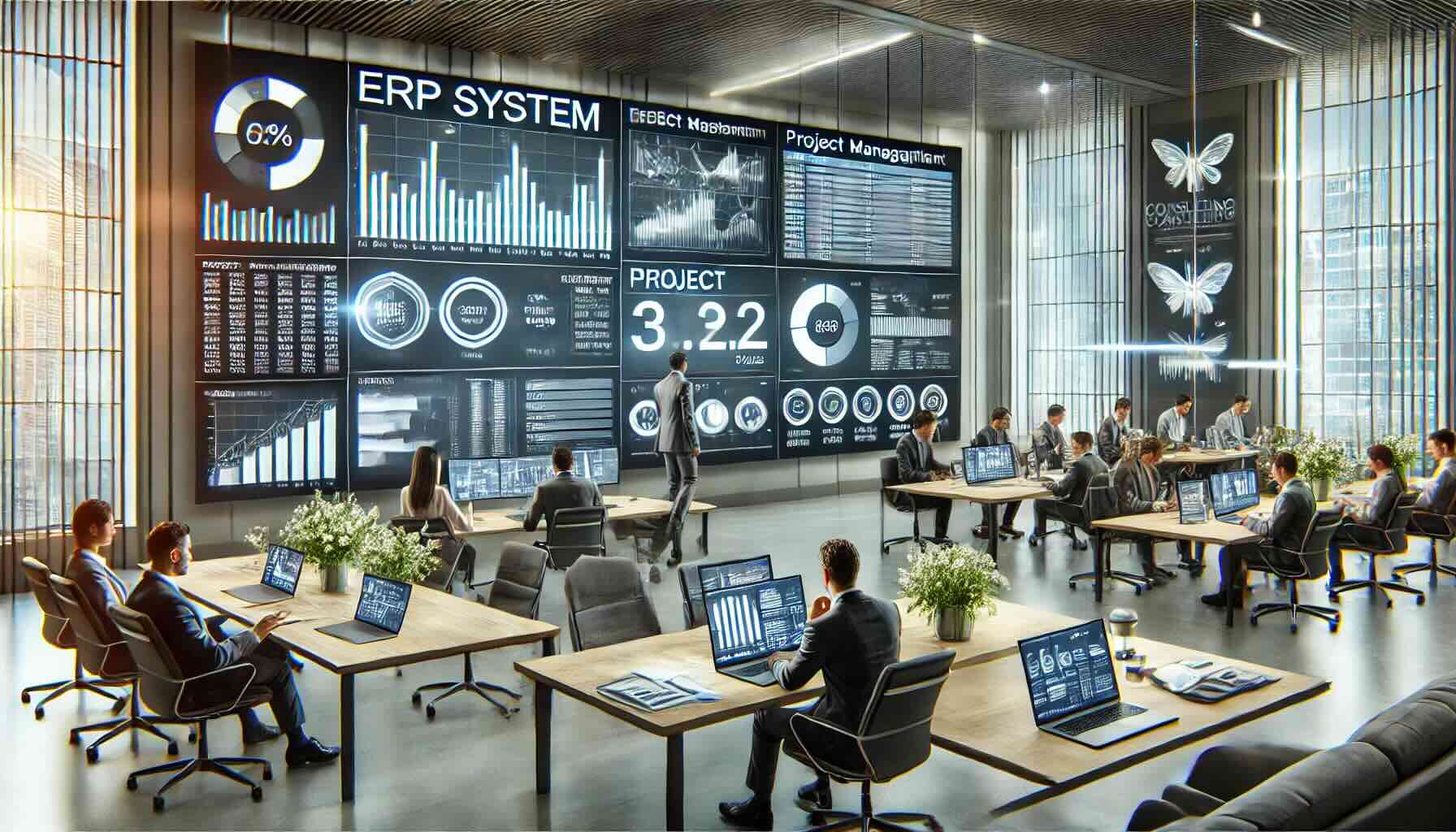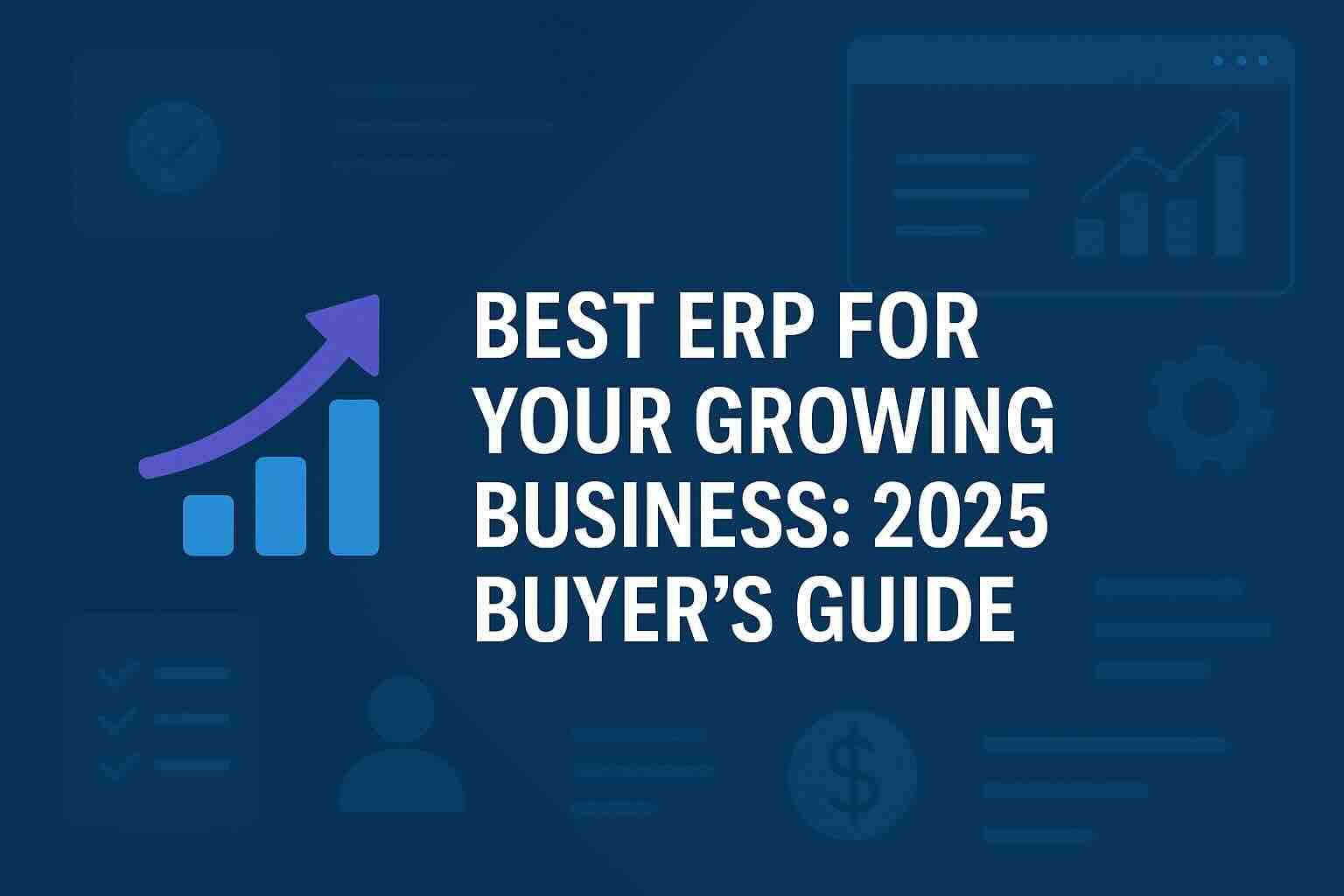Best Affordable ERP Systems: A Comprehensive Guide

In today’s rapidly evolving business environment, having an efficient and reliable Enterprise Resource Planning (ERP) system is crucial for any organization’s success. However, many businesses, especially small and medium-sized enterprises (SMEs), struggle with the high costs associated with traditional ERP solutions. Fortunately, there are several affordable ERP systems available that offer robust features without breaking the bank. In this guide, we’ll explore some of the best affordable ERP systems that can help streamline your operations, improve efficiency, and drive growth.
What is an ERP System?
An ERP system integrates various business processes and functions into a single, unified system. It helps manage and automate key activities such as accounting, inventory management, human resources, customer relationship management (CRM), and more. By centralizing data and processes, an ERP system enhances visibility, improves decision-making, and increases productivity.
Why Choose an Affordable ERP System?
For many businesses, especially startups and SMEs, budget constraints are a significant concern. Choosing an affordable ERP system allows these businesses to leverage the benefits of ERP technology without the hefty price tag. Affordable ERP systems offer:
- Cost-effective solutions
- Scalable features to grow with your business
- Easy implementation and integration
- Flexibility and customization options
Best Affordable ERP Systems
1. Odoo
Overview: Odoo is a highly flexible and modular ERP system that offers a wide range of applications, including CRM, eCommerce, accounting, inventory, and project management. Its open-source nature makes it highly customizable to fit specific business needs.
Key Features:
- User-friendly Interface: Odoo’s interface is intuitive and easy to navigate, making it accessible for users with varying levels of technical expertise.
- Comprehensive Suite of Applications: Odoo provides modules for sales, inventory, accounting, manufacturing, and human resources, all seamlessly integrated.
- Highly Customizable and Scalable: The open-source nature of Odoo allows businesses to modify and extend functionalities according to their unique requirements.
- Strong Community Support: With a vast community of developers and users, Odoo offers extensive documentation, forums, and third-party apps.
Pricing: Odoo offers a free basic plan with limited features and paid plans starting at $20 per user per month.
2. Zoho ERP
Overview: Zoho offers an integrated suite of applications that cover all essential business functions. Its ERP solutions are designed to help businesses of all sizes streamline their operations and improve efficiency.
Key Features:
- Wide Range of Integrated Applications: Zoho provides tools for CRM, project management, finance, HR, and more, all within a single platform.
- Cloud-based and Accessible from Anywhere: Zoho’s cloud infrastructure ensures that your business operations are accessible from any device with internet access.
- Affordable Pricing Plans: Zoho offers a variety of pricing options to fit different business sizes and needs, making it accessible for SMEs.
- Strong Focus on Automation and AI: Zoho integrates AI-powered tools for predictive analytics, workflow automation, and smart decision-making.
Pricing: Zoho ERP pricing starts at $12 per user per month, making it one of the most affordable options in the market.
3. ERPNext
Overview: ERPNext is an open-source ERP system that caters to a wide range of industries, including manufacturing, retail, and services. It offers a comprehensive set of features and is known for its flexibility and ease of use.
Key Features:
- Full-fledged ERP Solution with Extensive Modules: ERPNext includes modules for accounting, CRM, sales, purchasing, inventory, and HR.
- Open-source and Customizable: Businesses can access the source code and customize the system to fit their specific processes and workflows.
- Intuitive User Interface: The interface is designed for ease of use, with clear navigation and comprehensive help resources.
- Strong Community Support and Regular Updates: A vibrant community contributes to continuous improvements and regular updates, ensuring the system evolves with changing business needs.
Pricing: ERPNext offers a free version and paid plans starting at $10 per user per month.
4. Microsoft Dynamics 365 Business Central
Overview: Microsoft Dynamics 365 Business Central is a comprehensive business management solution designed for small and medium-sized businesses. It offers capabilities across financial management, sales, service, and operations.
Key Features:
- Integration with Microsoft Office 365: Seamless integration with Office 365 allows for easy sharing of data and improved collaboration across departments.
- Real-time Business Intelligence and Analytics: Advanced analytics and reporting tools provide real-time insights into business performance.
- Flexible Deployment Options (Cloud or On-premises): Choose between cloud-based deployment for accessibility or on-premises for greater control over data.
- Extensive Customization and Scalability: Tailor the system to fit your specific needs and scale up as your business grows.
Pricing: Business Central pricing starts at $70 per user per month, with additional modules available.
5. NetSuite ERP
Overview: NetSuite ERP is a cloud-based solution that offers a full suite of applications for growing businesses. It covers financials, CRM, eCommerce, inventory, and more, making it a versatile choice for various industries.
Key Features:
- Comprehensive Cloud-based ERP Solution: NetSuite offers a unified business management suite that covers all essential functions.
- Real-time Visibility and Analytics: Provides real-time data across all departments, enabling informed decision-making and strategic planning.
- Scalable for Growing Businesses: Designed to support growth, NetSuite can easily scale as your business expands.
- Extensive Customization Options: Highly customizable to fit the unique needs of different industries and business processes.
Pricing: NetSuite ERP pricing starts at around $99 per user per month, with customizable packages based on business needs.
Conclusion
Choosing the best affordable ERP system for your business can significantly impact your operational efficiency and overall growth. Each of the ERP systems mentioned above offers unique features and pricing plans, making them suitable for various business needs and budgets. By carefully evaluating your specific requirements and comparing these options, you can find the best affordable ERP system that will help you streamline your processes and achieve your business goals.
To compare these ERP solutions and many more, you can use our new AI-powered Compare ERP tool. It’s free to use and you get a guaranteed discount on your first year’s licence fees with a referral from Compare ERP.









